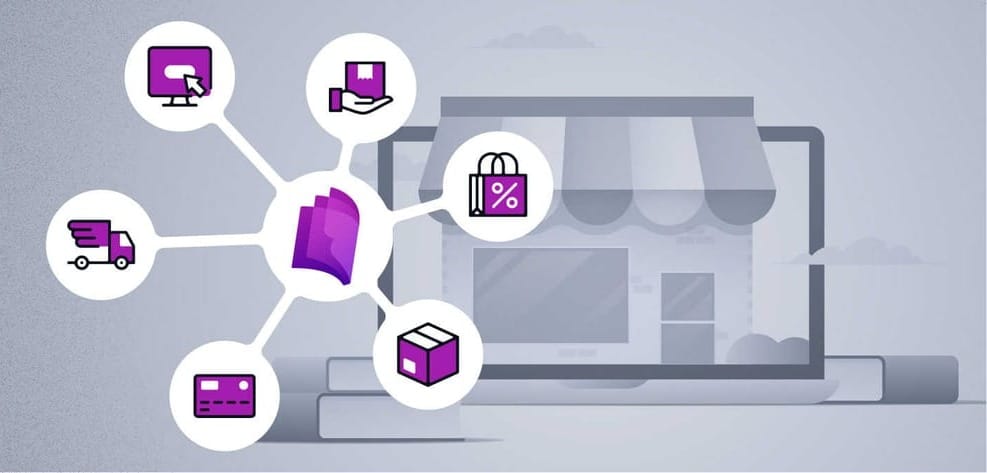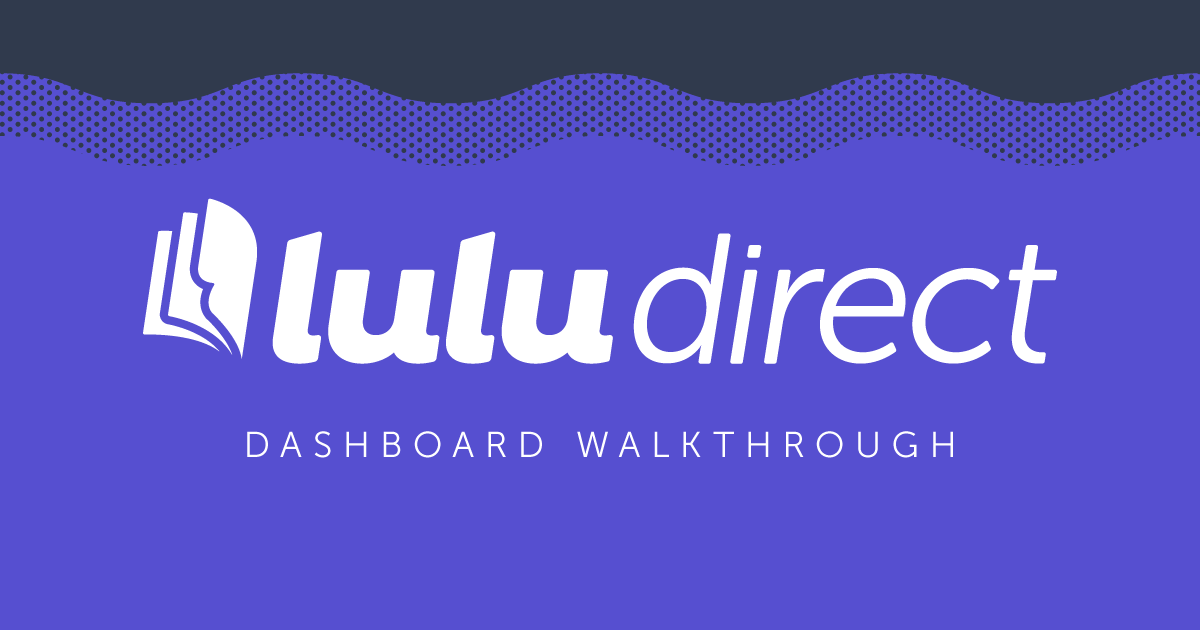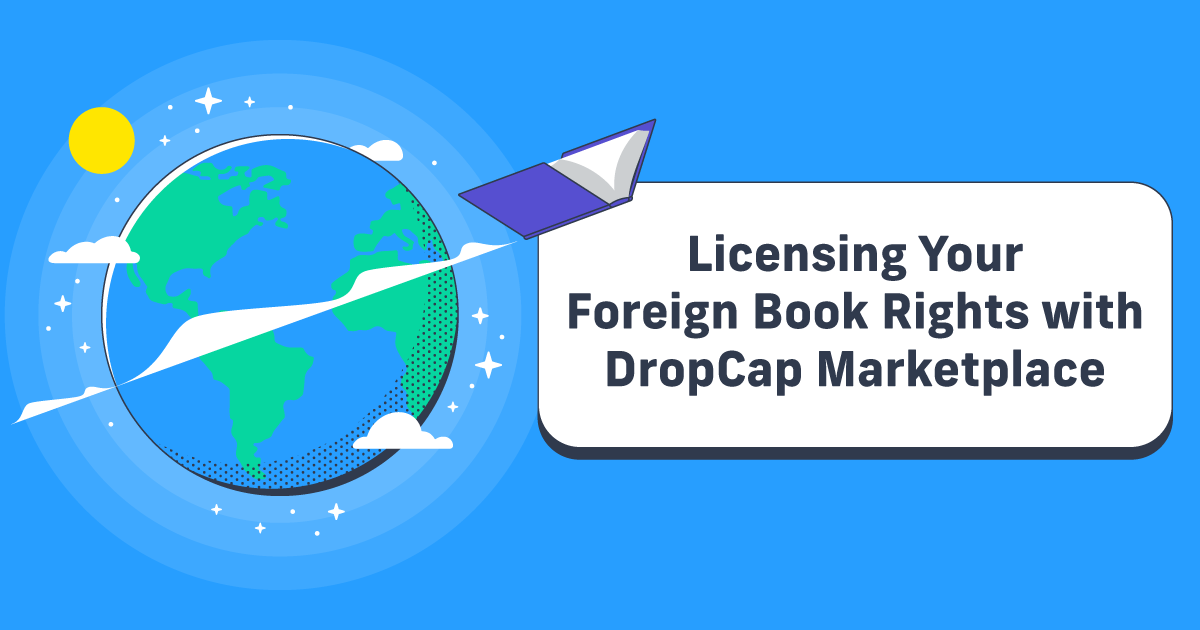Holding Onto Your Independence: The Problem with Amazon’s KDP Merger
This past week we learned that Amazon’s CreateSpace (CS) and Kindle Direct Publishing (KDP) are merging. For many in the self-publishing realm, the KDP merger comes as no surprise. Amazon has changed CS over the past year, leading many to the conclusion that the self-publishing platform’s days were numbered. For many current CS authors, this will result in little more than time dedicated to switching files over from one platform to the other. Then the depressing attempt at selling on Amazon can continue.
But maybe this is a good time to evaluate why so many self-published authors feel that selling on Amazon is mandatory? Or why do they feel the need to relinquish control over their sales to work directly with Amazon? Or, at the very least, it’s a good time to reflect on how self-publishing has changed over the last few years. And now is the perfect time to explore the publishing landscape to see what new opportunities are available.
Print-on-Demand Changes the Game
It’s no secret that publishing is rapidly evolving with the onset of print-on-demand technology. Unlike most, Lulu continues to move forward while others seem to be disappearing. The KDP merger is another example of the long string of publishing companies trying to take over this corner of the industry. Consolidation ends with authors locked into Amazon’s platform, which ultimately infringes on the author’s creative control and profitability.
Recently, I spoke at a literary conference and many of the attendees were voicing concerns about Amazon’s recent changes. This is something we see at a lot of conferences. When you get to be as large and diverse as Amazon, it can be a struggle to really hear and adequately respond to user feedback. And because of Amazon’s massive size and reach, changes can be made with little to no consideration to the end user. A disconnect between the company and the user is inevitable and leads to confusion, especially for Amazon’s authors, who use Amazon’s services differently than any other user.
Here are a few of the most common complaints related to the KDP merger to be aware of:
- No option to publish “private sale” books on KDP
- KDP unable to upload fully formatted PDF covers and align them correctly
- Customer support is offered online only
- Higher print cost and varying print quality with KDP
- New ISBN required for projects moved to KDP
- KDP’s royalty payments will be delayed 60 days, as opposed to 30 days with CS
The good news is, there’s a better way! There are solutions available today that allow you to sell directly to your readers across multiple channels. Think about that for a minute – selling directly to your readers through your social media accounts or author website. No more sketchy “used” copies of your new book lurking around the internet. No more hoping that someone doesn’t outbid you on the “Buy Now” button under your latest title. And no more worrying that the new readers you worked so hard to win over will get to your Amazon page to buy your book but see a vacuum they really, really need and buy that instead.

Sell Your Book, Your Way
Sell books on your Wix, Shopify, or WooCommerce website with Lulu Direct.
Or use our Order Import tool for your next book launch.
Introducing Ecommerce for Authors
You no longer have to play by the rules of your distributor. You can distribute yourself and completely automate the selling process, saving you time, space, and money. On one hand, Amazon’s KDP merger shows they aim to consolidate independent publishing under their banner. On the other is Lulu; one of the few self-publishers who empower creators and help them realize the profits they deserve from their work.
At Lulu, we not only provide multiple ways to sell your book but also multiple places. Projects published on Lulu can be sold through our bookstore, Amazon, Ingram, Barnes & Noble, and many others. Or, if you use Lulu Direct, you can cut out all the middlemen (or women) and sell directly to your readers (or even sell across ALL of these channels). We continually strive to provide more options, not less.
Selling directly to your readers from your website is one of the best ways to retain more revenue. And every effort that brings a user to you helps build your author brand. People come to your site because they like your content and are interested in learning more. Why send them away to someone else?
While Amazon has been hard at work finding better ways to get you to publish their way, everyone here at Lulu has been working hard to develop ways for you to publish your way.

Your Free Lulu Account
Create a Lulu Account today to print and publish your book for readers all around the world
Fallout From the KDP Merger
At a certain point, Amazon’s massive consolidation of authors—through their reach and the appeal of Prime benefits and solidified with the KDP merger—gets us to a place where they aren’t offering independent publishing anymore. What they’re offering is dependent publishing – forcing the author to rely solely on Amazon for distribution. With the shift to KDP and the renewed emphasis on profits and selling on Amazon alone, we’re seeing a shift away from true independent publishing. Amazon, through KDP, is a traditional publisher with none of the benefits of traditional publishing.
If you just want to get your books on Amazon, KDP might be the right method for you. But if you’re interested in having more control over how, when, and where you publish, and increasing your overall sales and profits, do yourself a favor and research the other options available to you.
- Lulu.com – Our original platform offering global distribution for print and ebooks. That includes Amazon, Ingram, and Barnes & Noble.
- Lulu Direct – Using the newest and best ecommerce technology, Lulu can offer a way to create and sell your books from your own website with ease.




